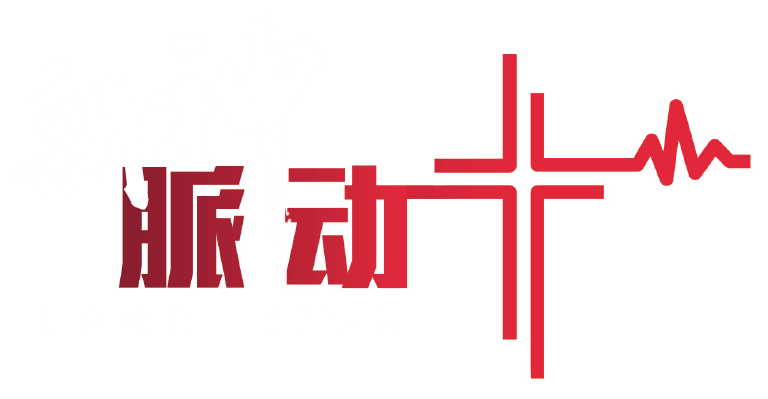There is a fascinating theory in psychology called attribution theory. It has surfaced in multiple classes I teach at SBC, from diaspora missiology and Bible interpretation to conflict resolution. Given its reach across many disciplines, it warrants spotlighting and reflection.
Attribution theory explores differences in how people interpret and explain the causes of others’ and their own behaviour. At the heart of the difference is how we attribute behaviour to either dispositional (internal) factors or situational (external) factors. This difference betrays strong attributional biases.?
There are two attributional biases in attribution theory:
- Fundamental Attribution Error: To explain others’ behaviour, people often overemphasize internal factors while downplaying external factors. We may attribute someone else’s mistake to their personality flaws rather than considering situational influences. Conversely, with our own mistakes, we may blame external circumstances instead of taking personal responsibility.
- Self-Serving Bias: This involves attributing successes to internal factors (like abilities and efforts) and failures to external factors (like bad luck or others’ actions). In short, we take credit for our successes and shift blame to external factors to protect our self-esteem.
It’s not hard to recognize attributional bias in action. When the driver next to us beats the traffic light, we shake our heads at their recklessness (dispositional factor or DF). But when we beat the traffic light, we appeal to the need to rush for a meeting (situational factor or SF).
In church, leaders might cite congregational habits developed during the pandemic as the cause of falling attendance numbers (SF). By doing so, they conveniently avoid questions about their leadership, vision, and ability (DF).
At the home front, if jewellery goes missing, an employer might accuse her domestic helper of stealing citing imagined instances when she was not trustworthy (DF). When the jewellery is discovered in a locked drawer, she blames her husband for putting it there without informing her (SF).? ?
Attribution theory in action is commonplace and widespread. Wherever there is sense-making and interpretation of situations, attributional biases will show up.
How should Christians respond to this tendency to exhibit bias in assessing others and ourselves? The one thing that is needful is to aim at being fair-minded in our assessments and estimates. Too many operate on first impressions, gut feelings, and intuitions. We can be cocksure about our judgements yet dismissive about the need to ask more questions or hear others’ perspectives.?
Wisdom dictates that we learn to hold our tongues and suspend our judgements, especially when we don’t have access to all the facts. On this point, the book of Proverbs offers timeless words of counsel:
The way of a fool is right in his own eyes, but a wise man listens to advice. (12:15 ESV)
If one gives an answer before he hears, it is his folly and shame. (18:13)
Wisdom also dictates that we maintain a healthy scepticism toward our own judgements and allow others to help us calibrate them. That means being open to their correction and opinions.
Failure to be fair-minded and reasonable in our assessment invites pushback, rebuttal, and public humiliation showing us to be untrustworthy and of poor character. We have to make a choice: to unravel the threads of attribution or to allow those very threads to entangle us. Which path will you take?
For Discussion
-
How does recognizing and addressing attributional biases align with the Christian value of loving thy neighbor as thyself?
-
In what ways can this awareness of attributional biases improve our relationships within the Christian community?






